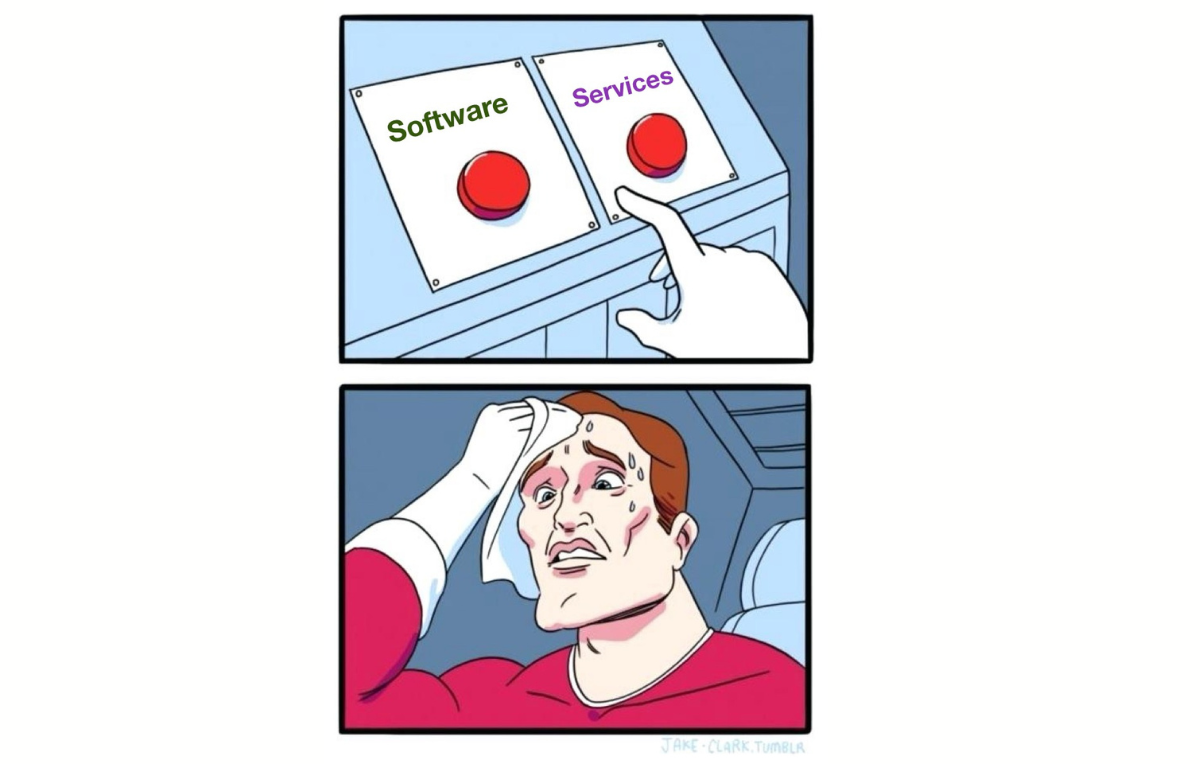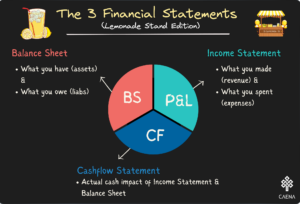Cash-Strapped Startups are Adding Services to Extend Runway and Improve Customer Loyalty
With just 3 months of runway left, Adriana, founder of CloudOnboard, an HR-tech startup was in a fix. Should she shut down the company or was there anything else that could be done to keep hope alive? She and her co-founders had tried unsuccessfully for 9 months to raise a Seed round. Their AI platform for hiring and onboarding was growing, with ~$10,000 in MRR but the problem was that their cash burn was over $60,000.
In desperation, Adriana called up Tony, her contact at MetaForce, one of their biggest clients, could the company purchase more seats for the software? Tony was sympathetic but he had more bad news, the company was reviewing IT spend and he had fought to keep CloudOnboard, or they would have canceled their subscription. But he dangled a lifeline, could Adriana and her team help facilitate a top-team offsite? Despite initial reservations at offering a service which was outside the software business model, Adriana and her team took on the gig which ended up providing an extra 6 months of runway, the single most profitable customer engagement in their 3.5 years as a company.
Tough economic times call for creative measures, and many cash-strapped startups are turning to an unlikely strategy: adding services to complement their core software products. With venture funding drying up and a potential recession looming, extending their financial runway has become a top priority. But rather than solely cutting costs, forward-thinking startups are exploring ways to generate new revenue streams and deepen customer relationships – and services are emerging as a compelling solution.
The Services Edge: Recurring Revenue and Stickier Customers
At their core, services offer two critical advantages for startups in a cash crunch: recurring revenue and increased customer stickiness. By layering services onto their existing product offerings, startups can transition at least a portion of their revenue model from one-time sales to subscription-based or consumption-based billing.
This steady stream of services revenue can provide a much-needed lifeline, supplementing the ups and downs of product sales cycles. Additionally, customers who have invested in supplementary services become more deeply embedded with the startup’s platform, reducing churn and increasing lifetime value.
From Implementation to Insights: Popular Service Offerings
So what types of services are startups adding to their portfolios? The options are wide-ranging, but a few common threads have emerged:
– Implementation and Onboarding Services: Getting customers up and running smoothly is paramount, so many startups are packaging implementation, integration, and training services to ensure success.
– Managed Services: For customers lacking in-house expertise, managed services that offload daily operations and maintenance can be extremely attractive.
– Analytics and Insights: With data playing an increasingly vital role, startups are capitalizing on their intimate knowledge of their own platforms to offer analytics, reporting and insights services.
– Professional Services: From custom development and integrations to strategic consulting, professional services teams can both drive revenue and fuel product roadmaps with customer feedback.
Making Services a Sustainable Strategy
Of course, bolting on services isn’t a cure-all for startups’ financial woes. Successful services businesses require upfront investments in headcount, training, and operational processes. There’s also the risk of drawing focus away from core product innovation.
But for startups able to strike the right balance, services could prove to be a wise investment – boosting cash flow today while planting the seeds for stronger customer loyalty and retention over the long haul. In an era of persistent economic uncertainty, that combination of short-term relief and long-term customer entrenchment is looking increasingly attractive.





